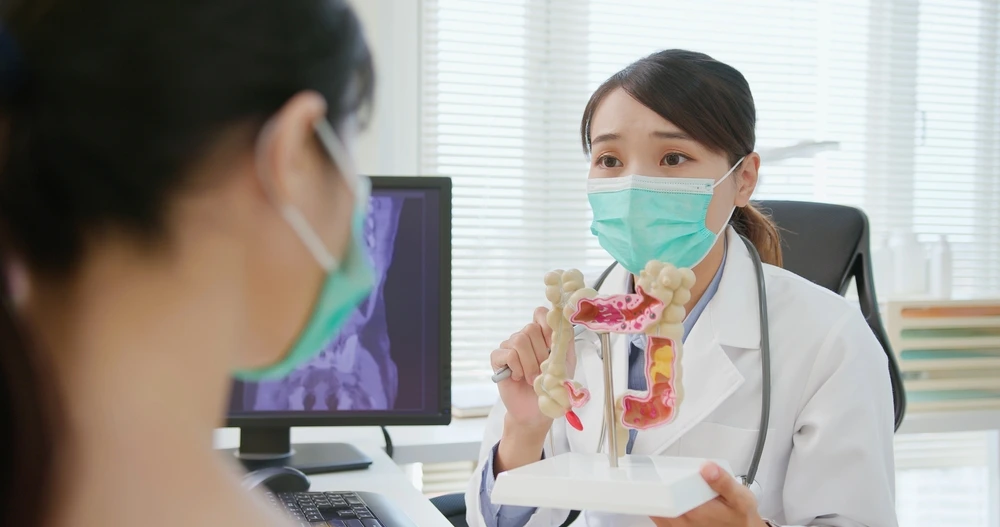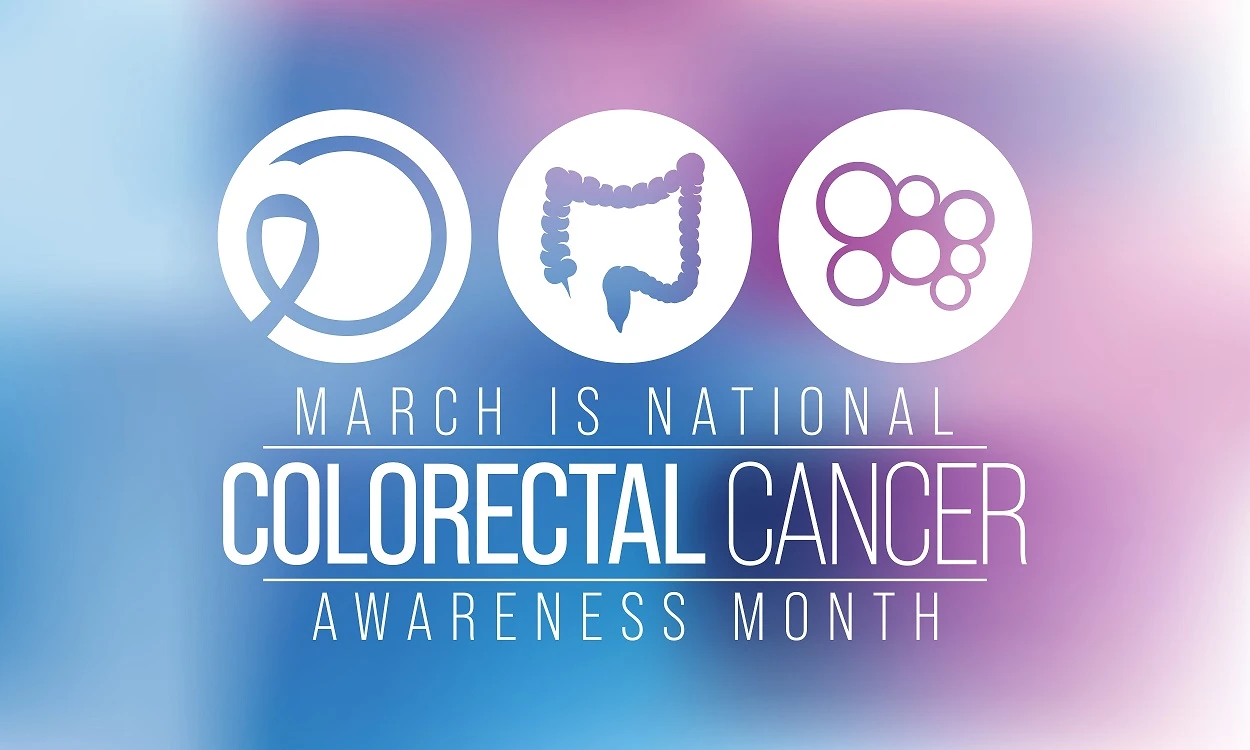Colorectal cancer is a type of cancer that affects the colon or rectum, which are both parts of the digestive system. It is the third most common cancer in both men and women and the second leading cause of cancer deaths in the United States.
The good news is that colorectal cancer is highly treatable if detected early. This is why it’s important to raise awareness about the disease and encourage people to get screened regularly. By detecting colorectal cancer in its early stages, we can increase the chances of successful treatment and improve survival rates.
Keep reading and find out why early detection is crucial when it comes to colorectal cancer and how you can take steps to protect yourself during Colorectal Cancer Awareness Month.
6 Reasons Why Early Detection of Colorectal Cancer Is Important
Early detection of colorectal cancer is essential for successful treatment and improved outcomes. Regular screening, such as colonoscopies, can help detect precancerous growths and identify colorectal cancer in its early stages when treatment is most effective.
Here are some important reasons why early detection of colorectal cancer is crucial:
- Higher chance of successful treatment. When developing colorectal cancer is detected at an early stage, it is often easier to treat and has a higher chance of being cured. In fact, the five-year survival rate for early-stage colorectal cancer is around 90%, while the survival rate for advanced-stage cancer drops to about 14%.
- Fewer complications. If colorectal cancer is not detected early, it can spread to other parts of the body and lead to more complications, such as severe pain, bleeding, and bowel obstruction. Early detection and treatment can help prevent these complications and reduce the need for more invasive treatments.
- Better quality of life. Early detection and treatment of colorectal cancer can also help improve the patient’s quality of life. With early treatment, patients are more likely to avoid the side effects of chemotherapy and radiation therapy, such as nausea, fatigue, and hair loss. They are also more likely to recover more quickly and resume their normal activities sooner.
- More treatment options. When colorectal cancer is detected early, there are more treatment options available. Surgery, radiation therapy, chemotherapy, and targeted therapy are some of the treatments that can be used to treat early-stage colorectal cancer. However, as cancer progresses, treatment options may become more limited.
- Screening can detect precancerous growths. Colorectal cancer often develops from small growths called polyps that form on the lining of the colon or rectum. These polyps can be detected and removed during a colonoscopy before they turn into cancer. This means that screening for colorectal cancer can help detect and prevent cancer before it even develops.
- Recommended screening guidelines. The American Cancer Society recommends that people at average risk of colorectal cancer begin regular screening at age 45. People with a family history of colorectal cancer or other risk factors may need to begin screening earlier or have more frequent screenings.

Are you looking for a clinic where you can have a regular cancer screening? Our experienced providers here at Mason Park Medical Clinic in Katy, TX, are equipped to screen for disease so you can take control of your health and reduce the risk of colorectal cancer.




